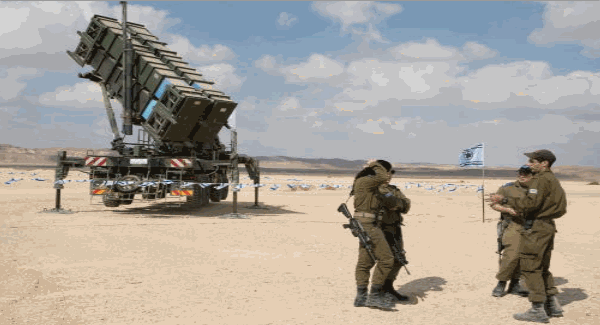As Iran preparing itself for making its presence in
the crude oil market again, without being hampered by a myriad of sanctions,
Israel dashed the hopes of the former by implying that would not be that easy.
Lt. Gen. Aviv Kohavi, the chief of Israeli defence
force, did not mince his words, when he outlined his plans: he said he ordered
the defence forces to make preparations for offensive action against Iran next
year; he did not want the Biden administration to revive the 2015 nuclear deal,
even with new tough conditions attached to it.
Since Israel is a democracy, being the only country
in the region, General Kohavi, stressed that his job is to put the plan on the
table and it is up to politicians to make a decision.
Of course, the general would not have gone public
without the consent of the political masters in Israel that he was referring
to. Once he made the statement public, Iran reacted by saying it was a ‘ploy’.
Iran, however, showed some concerns, if you read between the lines of what the
Iranians said in response.
Iranians may expect some delays in the sanctions
being lifted in light of Israel’s position. President Biden is having good
relations with Israel, unlike what President Obama had – at least in his second
term.
Israel is already at a form of war with Iran, when
you look at the daily military developments in the region: Israel attacks
anything that moves in Syria – with the slightest connection to Iran; they are
hyperactive at Golan Heights, having been offered the licence to hold the
location indefinitely by the Trump administration, even though it belongs to
Syria; they allegedly assassinated Iran’s top nuclear scientist near Tehran,
the capital, the mode of the act still remains an unsolved mystery, even months
after it took place.
On their part, the key US officials do not show any
enthusiasm to reviving the nuclear deal. Iran, at least in public, shows it is
not prepared to slow down the uranium enrichment, a concern felt far beyond the
region.
Israel is not the only country in the region, which
shows uneasiness about the development; Saudi Arabia and the UAE have made
their position clear with regard to the development.
The fact that the US has not publicly made its new
position clear, having taken over the rein of the administration, clearly shows
that the administration is sandwiched between Israel’s concerns and the
positive global gains of the nuclear deals; the EU members are overwhelmingly
in favour of an agreement with new strings attached.
In light of new development, the possibility of
Iranian oil reaching the crude oil markets soon is fairly low – unless Iran
makes a seismic shift in its position.
Perhaps, Saudis knew about this scenario months ago
and prepared themselves to cash in on it; otherwise, they wouldn’t have cut the
oil output by 1 million barrels per day on its own for February.
Judging by these developments, the ball appears to
be in Iran’s court. How they play with it will determine the movements in the
crude oil markets for months to come – at a time, when the whole world can
least afford to resonate with the waves of war drums, being ravaged by a
once-in-century pandemic.







